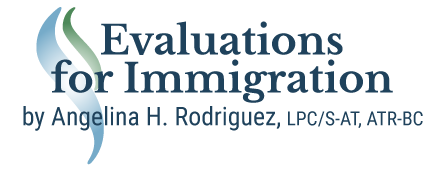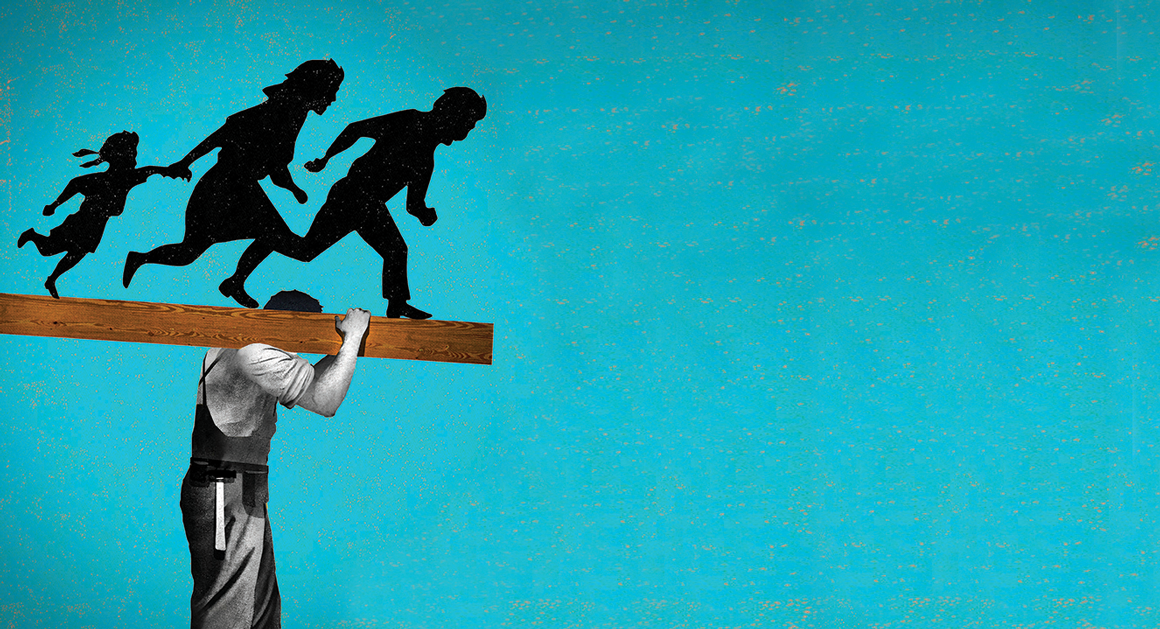Thousands of people around the world desperately wish to leave their homelands and travel to the United States for a variety of reasons. Often, their dreams for a new life parallel the motivations that caused the Pilgrims to leave their own homelands for America. Many who hope to escape war, persecution, famine and poverty believe they will find relief on U.S. soil. However, immigrants often meet challenges upon their arrival that they never anticipated. These difficulties range from navigating legal complications to understanding complex transportation systems, securing living arrangements and employment, and battling culture shock, psychological distress, depression and despair.
Though various agencies have been instituted to assist immigrants and refugees from the moment they arrive on United States soil, the immigrant and refugee population still experiences a wide range of emotional, psychological and physical stress during their first year in the States. Many have never experienced anything like the lifestyle that we take for granted and must transition unaided to the modern conveniences typical of American life.
In “The Art of Crossing Cultures,” author Craig Storti describes the profound effects of living in a culture different than one’s own. Immersing oneself in a new culture almost always causes the absence of everything familiar. Everything from hygiene routines to food choices to methods of transportation must be relearned. New habits must be formed, and once-familiar options must be lived without. When the necessity of constant adjustment and relearning is concentrated into a small amount of time, lasting stress may affect the body and spirit.
Another formidable difficulty that immigrants and refugees face upon arriving in the United States is the language barrier. More often than not, immigrants reach the United States with a less-than-fluent grasp of English, and refugees often arrive with even less English experience. A 2009 study by the Georgetown Law Human Rights Institute found that “refugees have difficulty accessing English language training, the quality of instruction is poor, and there are simply not enough classes available for all refugees.”
Language barriers cause huge difficulties and make simple interactions seem like daunting feats. Employment, transportation, legal responsibilities and receiving assistance in each of these areas are more difficult without a firm grasp of English. Besides the drastic lifestyle changes that most immigrants and refugees face upon arrival, other differences between the United States culture and cultures left behind can cause difficulties. For instance, refugees and immigrants may not take necessary safety precautions because they didn’t experience the same types of crime and robbery in their homelands, and thus may be targeted by criminals when they settle in urban settings.
Though surface-level culture differences cause some difficulty, experiencing fundamental differences between cultural norms and values can cause deeper problems. Americans don’t often realize the depth to which cultures can differ from each other because we’ve only experienced our own. Craig Storti also writes, “Because of cultural differences – different, deeply held beliefs and instincts about what is natural, normal, right, and good – cross-cultural interactions are subject to all manner of confusion, misunderstanding and misinterpretation.”
Many cultures hold to values, social expectations and methods of interpersonal interaction fundamentally different than those considered “normal” in the United States. These types of value differences make it difficult for immigrants and refugees to relate with others in American culture. Misunderstandings between cultures are far from a one-way street. Americans expect immigrants and refugees to conform to U.S. cultural norms and are often taken aback or offended by the differing points of view they encounter in new arrivals.
Immigrants and refugees often confront blazing misconceptions of their homelands and cultures. These cultural misunderstandings can make the transition to American life overwhelming. The stress of the resettlement process can cause myriad ailments for immigrants and refugees. Psychologically, the effects of sudden change and culture shock can wreak havoc on the mental well-being of immigrants and refugees. These stressors can build over time and cause lasting mental disorders and lapses if they aren’t dealt with in a healthy manner. During the resettlement process, even physical health can be affected.
Resettlement for immigrants and especially refugees can cause significant mental and physical ailments that can become permanent if they don’t receive assistance in the acclimation process. The circumstances that necessitated their relocation to the United States often involved a great deal of mental and physical stress (especially in the case of refugees who, by definition, are fleeing from war or another form of involuntary expulsion from their homeland). Coupled with the challenge of meeting basic physical needs, refugees and immigrants are uniquely susceptible to the stress of culture shock and other psychological burdens.








